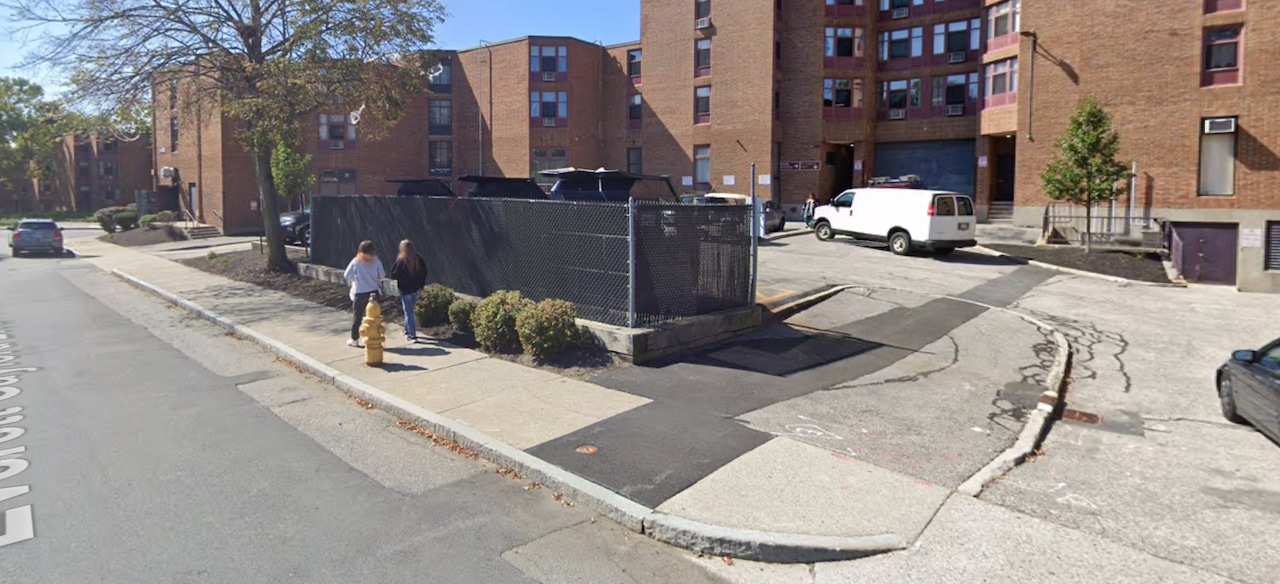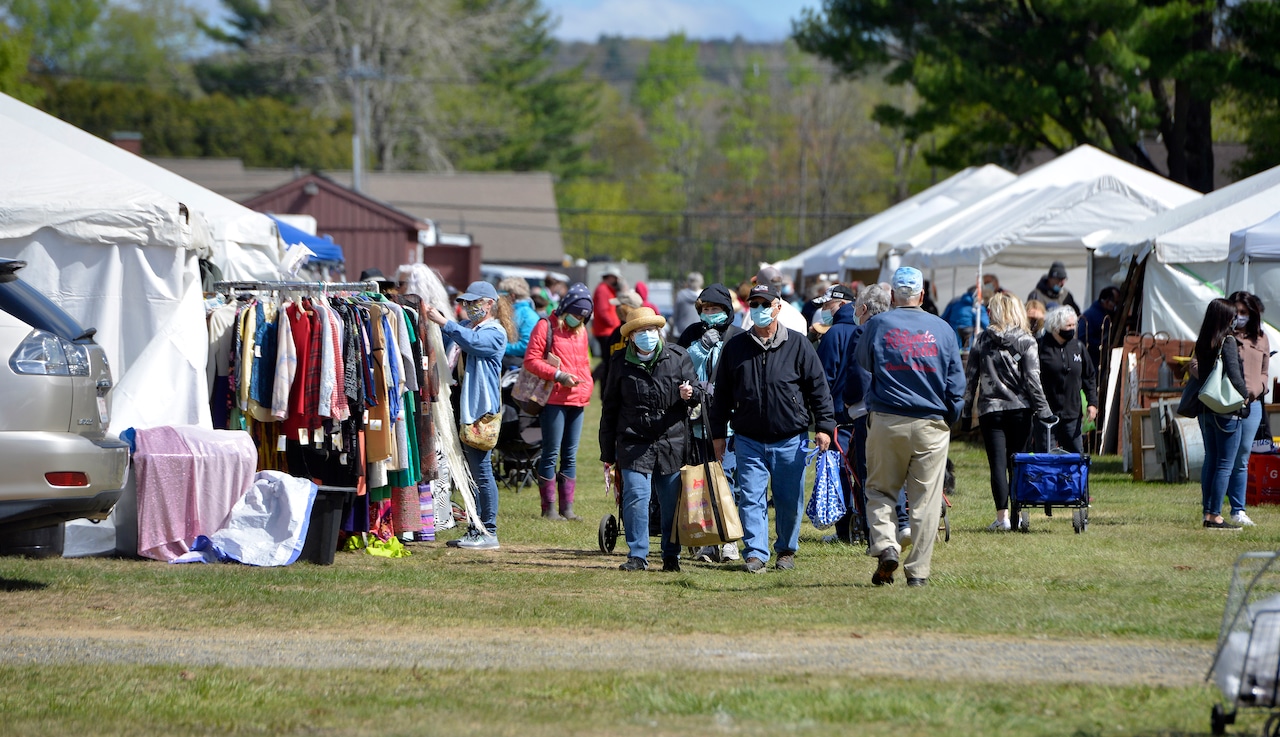
Worcester has a plan to reduce heat, prevent flooding and improve air quality throughout the city — but it needs the public’s help plant the seeds for its success.
City officials are asking for volunteers to help plant trees for two “Miyawaki Forests” located at McGrath Parking Lot, next to the Worcester Public Library at 3 Salem St. and at Plumley Village at 16 Laurel St.
Unlike traditional forests which grow in wide open areas, Miyawaki forests — also known as pocket forests — are planted in urban areas with high density, according to the city’s website.
The dates for planting the McGrath forest are April 27 from 10 a.m. to 12 p.m and May 11 from 1 to 4:30 p.m. The dates for planting the Plumley Village forest are May 1 from 4 to 6 p.m. and May 18 from 10 a.m. to 12 p.m.
Guillermo Creamer, Jr., the project’s head consultant, told MassLive the purpose of the two forests is to reduce heat during the summer months by providing shade for residents and pedestrians in Worcester who don’t have immediate access to air conditioning.
The trees from the forests will also help reduce heat within the air by absorbing moisture through their roots and emitting water vapor into the atmosphere.
As the vapor rises, it turns into rain and cools the air. Creamer, Jr. said the asphalt and buildings in cities such as Worcester absorb and re-emit heat easily and create environments where temperatures are higher in comparison to rural or suburban areas.
Adding these forests to Worcester decreases the temperature, providing residents with a cooler summer experience.
“This type of densely populated forest helps our downtown area get the necessary green space needed to reach our climate goals,” Creamer Jr. said. “The projects will advance our goal of promoting climate resilience to extreme heat.”
In addition to helping cool Worcester down, Creamer Jr. said the forests will help reduce the risk of flooding. According to Creamer Jr., Worcester’s streets and alleys become flooded during rainstorms because the water cannot be contained when it falls from the sky.
With a Miyawaki Forest, the trees can absorb the water and turn it into water vapor—restarting the water cycle and preventing rain from flooding the streets.
“These forests have demonstrated remarkably high growth and survival rates due to the planting method,” Creamer Jr. explained. “They are proving to be an excellent solution to many sustainability and resilience problems in dense cities with little spaces to spare.”
According to the city’s website, Worcester received a Municipal Vulnerability Preparedness grant worth $409,000 from Gov. Maura Healey’s administration.
The grant, which comes from the Executive Office of Energy and Environmental Affairs, is awarded to municipalities to prepare for climate-related emergencies such as flooding.
Creamer Jr. told MassLive Worcester received the grant on Sept. 13, 2023 and allocated the funding towards the creation of the Miyawaki Forests and two CoolSpot cooling centers that residents can use during the summer months.
Creamer Jr. expressed pride in Worcester’s Miyawaki Forests but acknowledged they are not the first to be planted in Massachusetts.
The city of Cambridge planted a forest in 2021, and the town of Ayer was the second municipality to do the same in 2022.
Worcester, however, will have the honor of being the first city in the state to have two forests — a fact that Creamer Jr. considers a major accomplishment for his city.
“Worcester has always tired to stay ahead of the curve when it comes to environmental issues,” he said. “This project will advance goals related to not just heat, but air quality, flooding, biodiversity, community building and resilience.”





